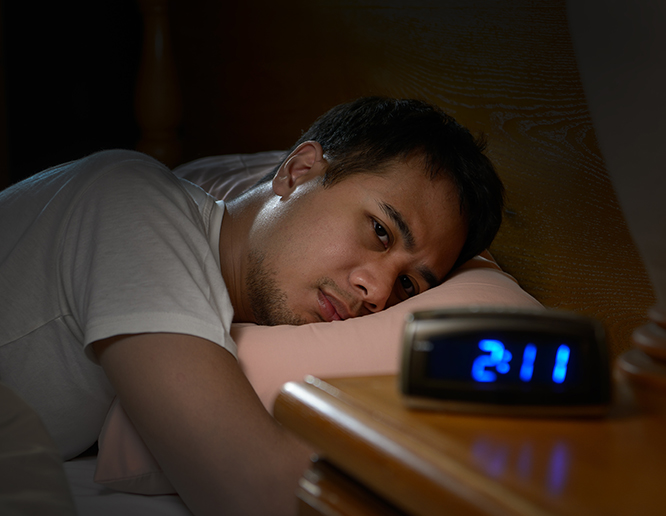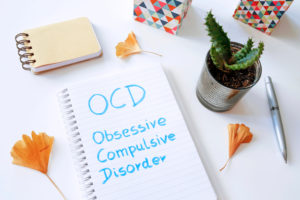
Struggling to fall asleep or stay asleep can be frustrating, exhausting, and damaging to both physical and mental well-being. Insomnia is a common issue affecting millions of people, yet many struggle to find effective solutions.
While occasional sleepless nights are normal, persistent insomnia has been linked to increased stress, anxiety, depression, and even long-term health risks such as heart disease and weakened immune function.
The good news is that insomnia is treatable; by making simple but effective changes, and seeking help from our sleep therapists in Newcastle, you can break the cycle of sleepless nights and restore a healthy sleep pattern.
What Causes Insomnia?
Insomnia can be triggered by various factors, including:
- Stress and Anxiety – Racing thoughts and worries can make it difficult to relax and switch off at night.
- Poor Sleep Habits – Irregular sleep schedules, excessive screen time, and consuming caffeine late in the day can all disrupt sleep.
- Medical Conditions – Chronic pain, hormonal imbalances, and mental health conditions such as depression can contribute to sleep difficulties.
- Environmental Factors – Noise, light, and an uncomfortable sleep environment can interfere with the body’s ability to rest properly.
How to Improve Your Sleep
If insomnia is affecting your daily life, there are steps you can take to improve sleep quality:
1. Establish a Consistent Sleep Routine
Going to bed and waking up at the same time every day helps regulate your body’s internal clock, making it easier to fall asleep naturally.
2. Create a Relaxing Bedtime Routine
Engaging in calming activities before bed—such as reading, meditating, or taking a warm bath—signals to your body that it’s time to wind down.
3. Limit Screen Time
Blue light from phones, tablets, and TVs suppresses melatonin, the hormone responsible for sleep. Try to avoid screens at least an hour before bedtime.
4. Manage Stress and Anxiety
Practicing mindfulness, deep breathing, or seeking professional support can help address the underlying stressors that contribute to insomnia.
5. Improve Your Sleep Environment
Ensure your bedroom is cool, dark, and quiet. Investing in a comfortable mattress and pillow can also make a big difference.
Seeking Professional Help
If insomnia persists despite making lifestyle changes, it may be time to seek professional support. Chronic sleep deprivation can impact mental health, productivity, and overall quality of life, but effective treatments are available.
At Newcastle Psychologist & Counselling, our sleep clinic in Newcastle offers expert assessment and tailored treatments to help individuals overcome insomnia and achieve restorative sleep.
Our specialist sleep therapies include Cognitive-Behavioural Therapy for Insomnia and Relaxation Training, as well as approaches such as Solution-Focused Therapy and Acceptance and Commitment Therapy (ACT), aimed at dealing with any underlying issues that might be causing your insomnia.
Sleep Clinic Newcastle
Contact us today using the form below, or call us on 07966645198 to learn more about how our sleep therapists can support you, and to book an initial consultation.

Best wishes,
Dr Stuart Sadler
Lead Clinical Psychologist
Contact us Today
If you would like further information about how we can help, complete the form below and we will get back to you as soon as possible:



